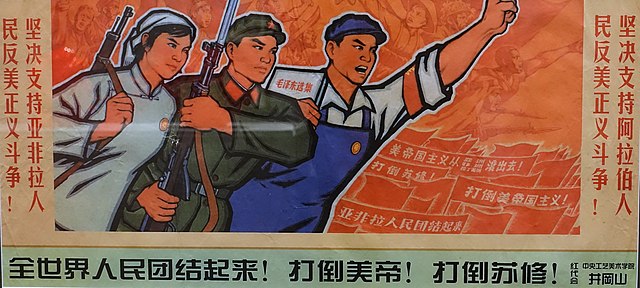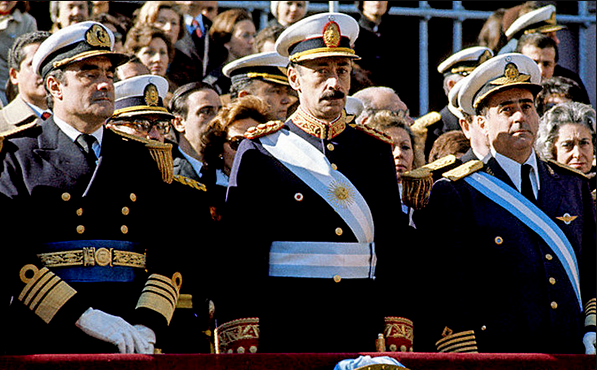During my student days, I had a friend who loved the poems of Marina Tsvetaeva just as much as I did. But, as it soon became clear, we loved one thing but for different reasons. One day we met, and instead of greeting, he immediately got down to business. He said, “Imagine you come home from a long trip and there’s a coffin in your house. The policeman says this house doesn’t belong to you anymore. Did you imagine?”
Such an event is indeed present in Tsvetaeva’s biography, only she returned not from a long trip, but from emigration. Her husband and daughter were sent to prison. The son went missing. Tsvetaeva hanged herself. This is how the Soviet Union greeted her. The exact location of her grave is still not known.
This friend of mine loved to notice terrible facts from the biographies of writers, and then talk long and methodically about them at our every damn meeting. Soon he got a job in a translation agency, and we began to see each other rarely. He didn’t like working. He said that the principle of work in this company killed everything creative that goes into translation. He didn’t like his colleagues either, and the more he disliked one of them, the longer he liked to discuss that particular person.
Due to the fact that negativity was the basis of communication with this guy, it was difficult to engage with him, and yet this didn’t stop him from becoming a leader of department in the agency. By that time, he had stopped reading and practically didn’t talk either Tsvetaeva or the random coffin. When the war began, he volunteered.
Viva la muerte!
For several years in a row, I celebrated my birthday in the same way. I borrowed a projector from a friends’ gallery. I broadcast ‘Dirty Diaries’ onto a white wall – this is porn made by women for women. In it, the actors do not have perfect bodies, and it is as close to real life as possible.
In a spacious room, about 12-15 gathered. You are talking to a shy girl, and at some point, a vagina is projected onto your forehead, and your conversation partner forgets about her shyness. Yep, it has always worked.
The doors of my house were open. Well-wishers came and went, flowing in a continuous stream. We played erotic games. We shared intimate secrets, which brought us closer together. Those unwilling to share secrets had to expose their bodies. And then one artist pulled down her pants, and we all saw cellulite on her thighs. Yet she was young and not obese. The very admirer of Tsvetaeva showed extraordinary interest in her cellulite. He was polite but persistent. He examined her legs from different angles, and upon discovering a scar on her knee, he led her to the kitchen to hear the story of her meniscus removal surgery without witnesses.
That night they made love, and we all became shameless witnesses of it. That night we joked, saying, who knows, would they have made love if the artist didn’t also have a scar from appendicitis.
Viva la muerte!
Death drive. In my first novel THE INTIMATE SMELL OF THE MARINE, I described how the main character spent 7 days in a room with the corpse of his friend. And all 7 days he bathed and combed him. Of course, when I wrote this in 2019, I could not imagine that soon the entire country would call for every family to have such a corpse at home. No, this is too much.
What is more terrible: a son who died in the war, or who returned from the war crippled and penetrated into all spheres of life, bringing military principles into everyday life?
War is never progressive. War is not even stagnation. It is regression. And, as you know, there are no former military personnel. Having returned from war, a person forever carries the war within himself and acts in accordance with it.
In order to go to war as a volunteer, a person must initially be inclined to do so. Although I think this is wrong, the average person still judges others by his own abilities. Therefore, the easiest way to find out about such a predisposition is for a person to declare that there is no predisposition and everyone is equally fit for military service. This confidence arises precisely from the presence of a predisposition.
Also, it’s worth asking the question: what does this predisposition consist of? At a minimum, a person must have a sense of justice, which he wants to defend. And also, such a person’s fear of death should either be reduced or be at such a level that risking his own life does not seem to him an unacceptable act. In order for a person’s fear of death to be at this level, his love for life must be reduced, since these are interrelated concepts. Anyone for whom life is more terrible than death easily takes mortal risks, but it would be a crime if such a person pushed others to take the same mortal risks.
For example, a guy who was amazed by Tsvetaeva’s sudden coffin, who admired the cellulite and scars clearly feels a craving for death: a coffin and scars are certainly symbols of decay. Being unable to realize his potential in the profession at the desired level, his desire was too inconsistent with reality. There is no creativity. The colleagues are dumb. And therefore, the opportunity to lead them is not an honor but a mockery. This discrepancy between reality and the desired, perhaps in combination with some other aspects of life, gave rise to aggression, which was built into reality as voluntarily joining the army. I’m deliberately simplifying here to stay within the scope of a short essay.
Suppose that in war, he successfully neutralizes the enemy, for which he receives a medal. The state will give him honorary grounds to forget the reasons for his own actions, and to think that now he is a hero, idealizing himself, thereby attempting to achieve a balance between reality and desire. The state is not interested in stories about coffins or cellulite. It does not believe in words; it believes in actions.
Viva la muerte!
Our new hero had only been abroad once. He visited Rome, Italy. He ended up there by chance. Naturally, he went to see the Colosseum.
As he told me about Rome, he played in the background the music he listened to that day. He did it to help me feel everything he felt abroad. This music was classic rock hits. I love old rock, but I was suspicious as to why someone would want to listen exclusively to hits, especially ones that are 20 or 30 years old. Moreover, he had been listening to the same songs since our student days. It seems to me that the unwillingness to delve into the discographies of artists could add a touch to our hero’s portrait. We listened to popular songs over and over again, as if we were doing it by someone’s order.
The Colosseum is a monument of sadism, but we want to visit it, and having visited it, we admire the architecture. In the process, we overlook the obvious – the cruel purpose of its construction. With the same success, we could admire the guillotine. It was only today I realized that our fearless hero was not admiring just another landmark, but a monument of sadism.
“Use it or lose it” is the scariest phrase I have ever heard. Not only because knowledge that we do not use is forgotten. Not only because muscles, if they are not trained regularly, begin to shrink. But also, because a person who loses interest in development does not stop developing, but is destroyed. The only thing that can be more terrible is when the country’s leaders set this destruction as an example for us.
Viva la muerte!
Marina Tsvetaeva was not the only poet who suffered in the past century in Russia. For example, Boris Pasternak was forced to decline the Nobel Prize. By the way, Tsvetaeva hanged with the rope that Pasternak kindly gave her to tie up her suitcases for the journey.
Joseph Brodsky, another Nobel laureate, was tried for parasitism and then expelled from the country.
Osip Mandelstam died in a labor camp, where he ended up on charges of counter-revolutionary activities.
Daniil Kharms died of starvation in a psychiatric clinic, simulating a mental disorder. Why? To avoid arrest during wartime on charges of spreading defeatist sentiments. The poet was attributed with these words: “If they make me shoot a machine gun from the attic during street fights with the Germans, then I will shoot not at the Germans, but at them with the same machine gun.”
Art deals with the essence of life, whereas the state offers us to fit into a certain system, which includes not only rights but also limitations. Therefore, art will always be in conflict with the state. For the same reason, it is worth not canceling Russian poets because of the indignation of modern war, but instead, searching in their biographies for potential repeats of history, knowing that they stood not on the side of a specific state, but on the side of humanity.
Today, when in wartime my life is threatened not only by the Russian army but also by Ukrainian government, I understand what prompted Daniil Kharms to say such words. It was a different kind of justice. And a desire not for death, but for life. Our admirer of Tsvetaeva doesn’t think so. And in general, he no longer likes Russian poets. The state has told him that he is a hero, and in gratitude for this he demonstrates his loyalty by overthrowing his own idols.
This piece is a part of a series, The Mining Boy Notes, published on Mondays and authored by Ilya Kharkow, a writer from Ukraine. For more information about Ilya, see his website. You can support his work by buying him a coffee.




